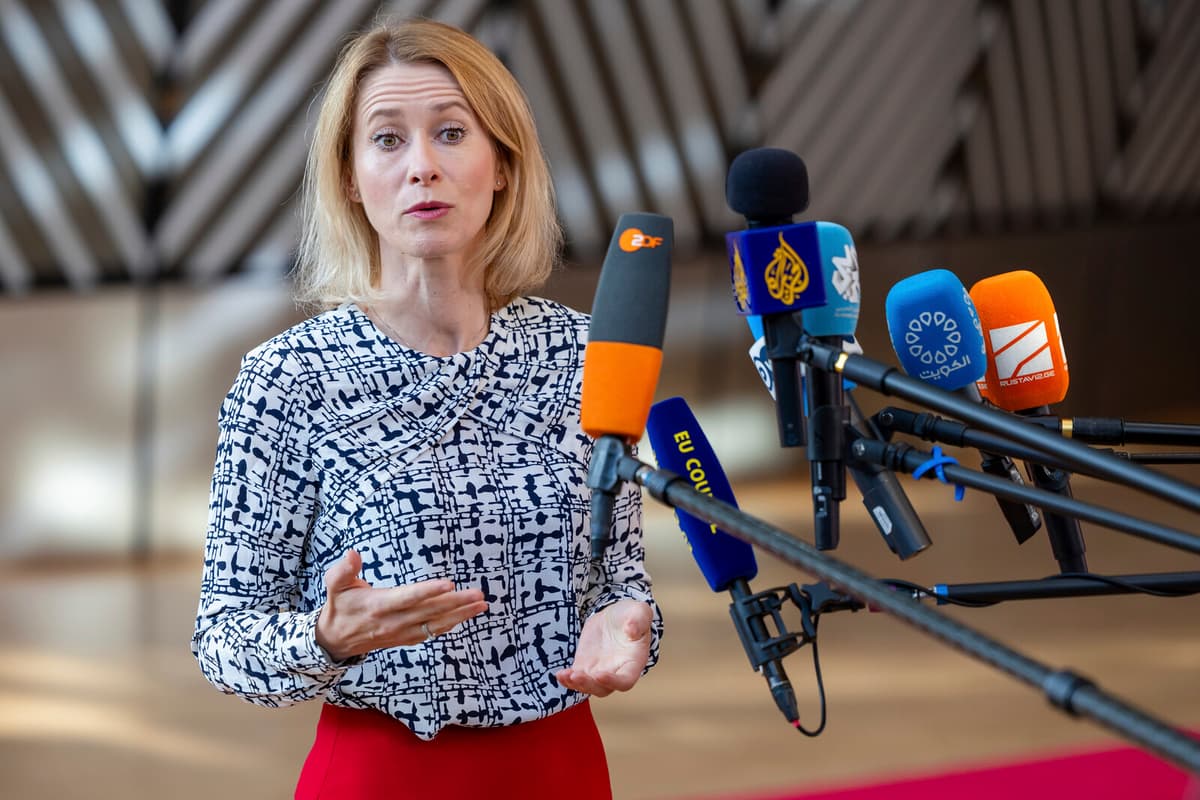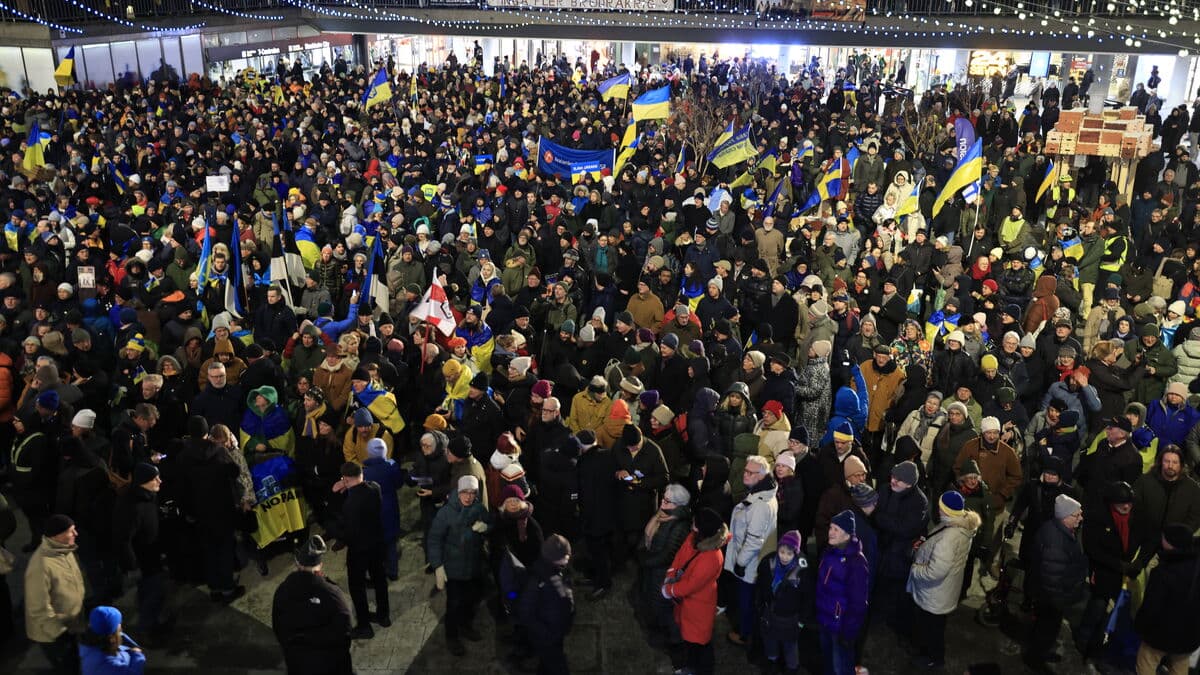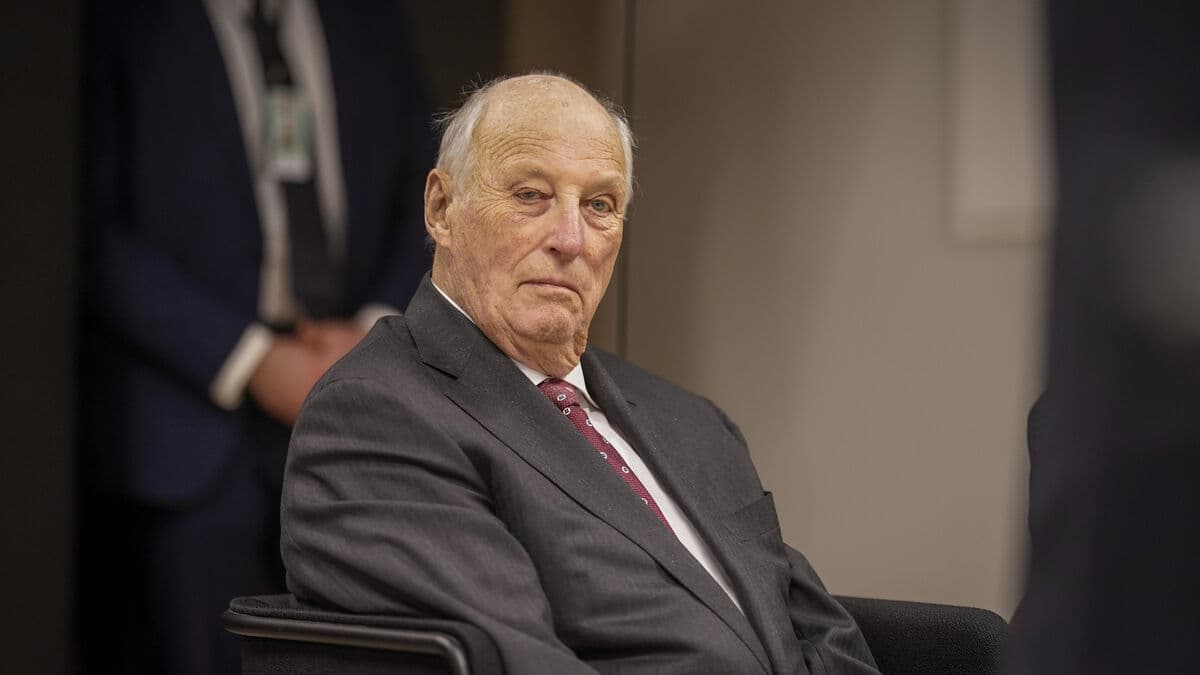The foreign ministers of the EU countries discussed on Tuesday the agreement on more acute aid to Gaza that Kallas reached with Israel's Foreign Minister Gideon Saar last week.
–We see some positive signals. We see that more trucks and supplies are reaching Gaza. But Israel must take more concrete measures to improve the humanitarian situation on the spot, says Kallas at the press conference afterwards.
Several countries are pushing for a tougher EU stance against Israel. There are calls to pause or even completely cancel the EU's economic-political cooperation agreement with the country.
No unanimity?
However, even pausing requires full unanimity among the EU countries. At present, it is far away, considering the strong support that Israel still has from countries such as Hungary and the Czech Republic.
–I do not think it is realistic to believe that there could be unanimity behind such a decision, and I also think it is important to maintain forms for dialogue with Israel, says Foreign Minister Maria Malmer Stenergard (The Moderate Party) to TT over the phone.
She did not participate in Tuesday's meeting herself, but is pushing to keep the pressure up, for example through sanctions against individual Israeli ministers who "actively counteract" a two-state solution.
Decision may be delayed
Kallas presented various alternatives for EU measures for the member states during Tuesday and promises regular reports every other week from now on about what Israel has fulfilled.
A decision on EU measures may be delayed until the fall, at the next regular meeting for foreign ministers.
But it depends on the situation.
–We never take a vacation. The discussion about the situation in Gaza is ongoing even between council meetings. If necessary, we will initiate extra meetings to be able to act, says Maria Malmer Stenergard.
Wiktor Nummelin/TT
Facts: How the EU can act against Israel
TT
Here are some alternatives that the EU can take to put pressure on Israel:
-
Pause the cooperation agreement – which requires unanimity among all countries.
-
Pause the political parts – also requires unanimity.
-
Pause the trade parts (or parts of them) – requires "only" a qualified majority, which can however be difficult to achieve if, for example, Germany or Italy do not give their support.
-
Impose sanctions on more settlers and/or ministers – also requires unanimity.






